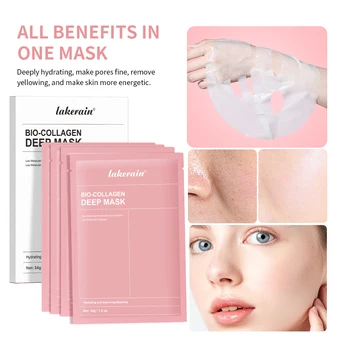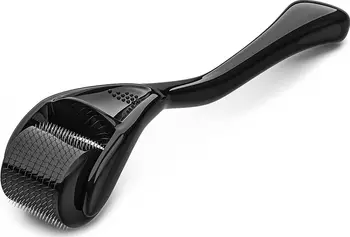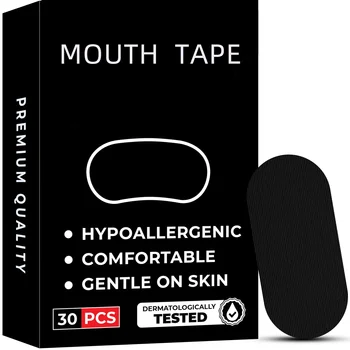Role of Exercise in Hair Growth & Well-being

The Role of Exercise in Promoting Hair Growth and Overall Well-being
Exercise is widely recognized for its numerous benefits to physical and mental health, but its potential impact on hair growth is an intriguing area that continues to gain attention. Hair loss and slow hair growth are common concerns that affect individuals worldwide, and understanding the interconnectedness of exercise and hair health is essential for promoting overall well-being.
In this comprehensive discussion, we will explore the role of exercise in promoting hair growth, the scientific mechanisms behind this phenomenon, and how exercise contributes to overall physical and mental well-being.
Exercise and Circulation: A Key Factor in Hair Growth
The relationship between exercise and hair growth is closely linked to improved circulation. Physical activity stimulates blood flow, delivering essential nutrients and oxygen to the scalp and hair follicles. Enhanced circulation promotes a healthier scalp environment, creating an optimal foundation for hair growth.
Furthermore, increased blood flow facilitates the removal of toxins and waste products that may hinder hair growth, contributing to a healthier environment for the hair follicles.
In addition, exercise promotes the dilation of blood vessels, allowing for improved nutrient delivery to the cells in the hair follicles. Adequate blood flow and nutrient supply are crucial for the maintenance and growth of healthy, lustrous hair.
Endorphins, Stress Reduction, and Hair Health
Another significant aspect of the relationship between exercise and hair growth lies in the role of endorphins—the feel-good hormones released during physical activity. Regular exercise has been shown to reduce stress and anxiety, and these effects can positively influence hair health.
Chronic stress has been associated with hair loss and can disrupt the hair growth cycle, leading to shedding and thinning. By alleviating stress through exercise, individuals may contribute to a healthier environment for hair growth.
Moreover, the reduction of stress-related hormone levels, such as cortisol, can have a direct impact on hair. Prolonged elevation of cortisol levels has been linked to hair thinning and loss, making stress management an important aspect of maintaining healthy hair.

Inflammation, Immune Function, and Hair Health
Inflammation is a recognized factor in various hair and scalp conditions, including alopecia areata and scalp disorders. Exercise has been shown to modulate the body’s inflammatory response and bolster immune function, potentially benefiting the hair and scalp.
Additionally, exercise can enhance overall immune function, protecting against infections and inflammatory conditions that may directly impact hair health.
Types of Exercise and Their Potential Impact on Hair Growth
The benefits of exercise for hair growth are not limited to specific activities. Both aerobic and resistance training have the potential to positively impact hair health.
Aerobic exercise, such as running, swimming, or cycling, increases heart rate and circulation, promoting blood flow to the scalp. Engaging in regular aerobic activity may contribute to scalp health and create an environment conducive to hair growth.
Resistance training, including weightlifting and bodyweight exercises, can also support
regulation. Furthermore, the potential release of growth hormone during resistance training may indirectly influence hair growth by promoting tissue regeneration and maintenance.

Adopting a Holistic Approach: Nutrition and Exercise
While exercise plays a significant role in promoting hair growth, it is essential to recognize that a holistic approach to well-being, including proper nutrition, is paramount.
Nutrient-rich diets that support overall health, including the health of the hair follicles, complement the benefits of exercise. Protein, iron, and essential vitamins and minerals are essential for hair growth, and exercise amplifies the body’s ability to utilize these nutrients effectively.
Evaluating the Potential of Exercise for Hair Growth
Although the relationship between exercise and hair growth is a compelling area of study, it is important to consider various factors that may influence individual results.
Genetic predisposition, underlying health conditions, and lifestyle factors play a role in hair health and growth. Therefore, while exercise can support hair health, it is not a standalone solution for addressing hair loss or slow hair growth.
Conclusion
The influence of exercise on hair growth and overall well-being is multifaceted, encompassing physiological, psychological, and immunological factors. By promoting circulation, regulating stress hormones, and modulating inflammation, exercise creates an environment that supports hair health and growth.
As part of a holistic approach to health and wellness, regular exercise, in conjunction with a balanced diet and proper hair care practices, can contribute to the maintenance of vibrant, healthy hair.
While individual results may vary, understanding the potential impact of exercise on hair growth encourages a comprehensive approach to well-being that embraces the interconnectedness of physical activity, nutrition, and overall vitality.

Neurodiversity in the Workplace: Fostering Inclusivity and Accommodations for Diverse Brains

SHOP THIS STORY
RC Robot Building Blocks Set
Kids Playing Drone Outdoor Toys
Solar Electric Mechanical Dog Cow Children Educational Assembly Tech Puzzle Toy
Exploring the Connection Between Hormonal Health and Hair Loss in Women
Impact of Sleep on Hair Health: Understanding the Beauty of Rest

SHOP THIS STORY

Hair Growth Oil Effective Baldness Repair Hereditary Postpartum Seborrheic Hair Loss for Women & Men Fast Hair Growth Oil

Anti-grey hair essence Serum treatment restore natural hair color and restore healthy White To Black hair treatment






















Leave a comment